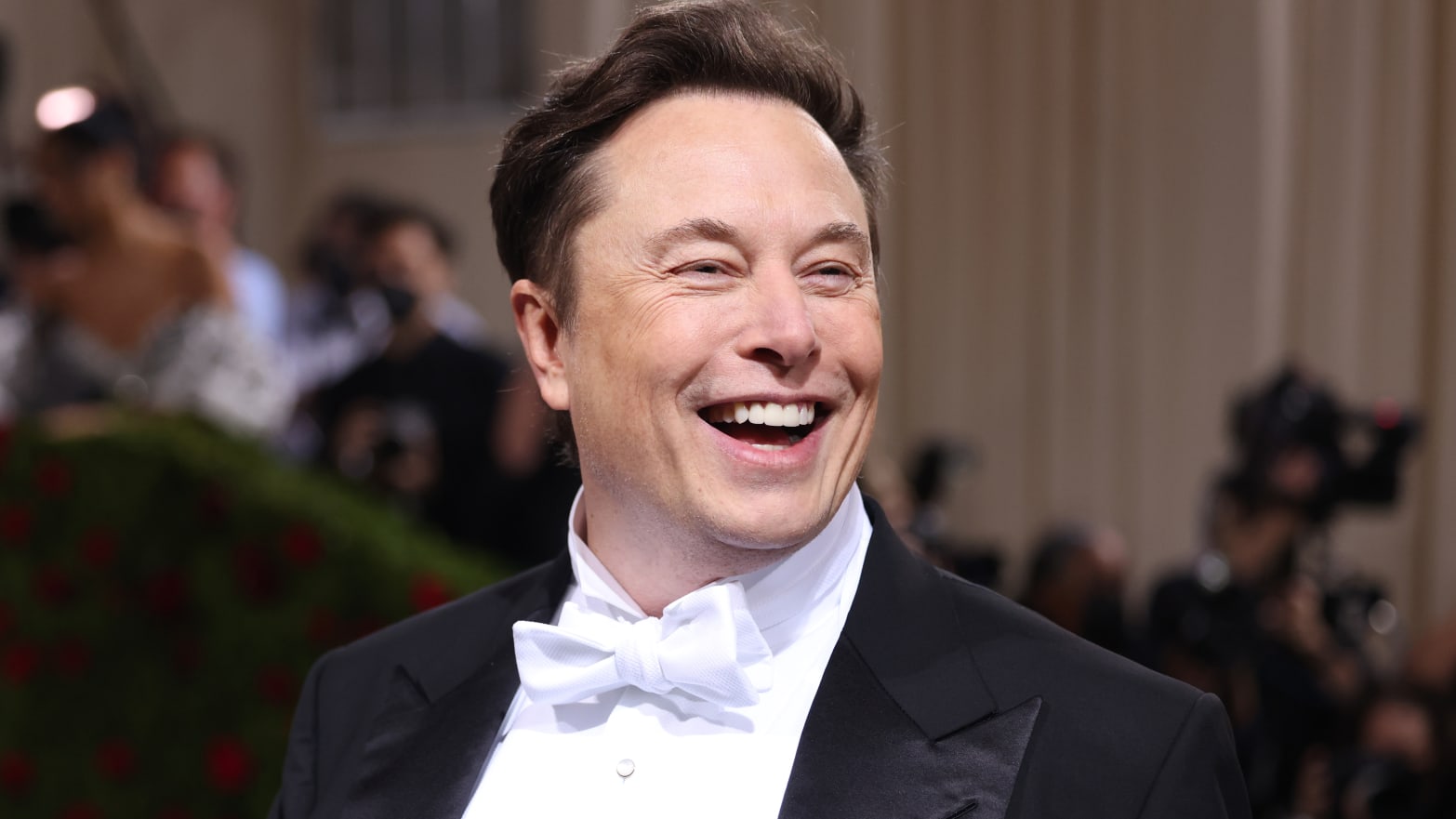Twitter CEO Parag Agrawal sought to project calm on Friday following another tumultuous day at the social media company. The culprit, as usual: Elon Musk, who had declared that morning that he was temporarily suspending his $44 billion takeover bid while he examined the exact percentage of Twitter’s users composed of fake or spam accounts.
Musk later insisted that he was “still committed” to the buyout, but investors were nonetheless unnerved, sending Twitter’s stock cratering 10 percent by Friday afternoon.
In typical Musk form, the billionaire sidestepped corporate best practices by making the statements via tweet, rather than submitting an official securities filing.
Later that day, Agrawal also took to the platform to defend his leadership and recent executive shake-ups. “While I expect the deal to close, we need to be prepared for all scenarios and always do what’s right for Twitter. I’m accountable for leading and operating Twitter, and our job is to build a stronger Twitter every day,” he wrote.
He also explained why he had terminated two of the company’s top leaders earlier this week, even as some onlookers may perceive him as a “‘lame-duck’ CEO.”
“Regardless of the company’s future ownership, we’re here improving Twitter as a product and business for customers, partners, shareholders, and all of you,” he said. The company is largely freezing hiring to reduce its overhead.
Agrawal, seemingly contrasting himself with Musk, added that “you won’t see tweets from me on the ‘topic of the day’ or the loudest sound bite, but rather on the ongoing, continuous, and challenging work our teams are doing to improve the public conversation on Twitter.”
Spectators were initially skeptical of Musk’s decision to hit pause on the buyout. Equity analyst Daniel Ives of Wedbush Securities called it a “bizarre tweet” that would send Twitter “into a Friday the 13th horror show.”
It wasn’t clear why Musk had supposedly developed new concerns about Twitter’s spam account estimates, considering how little due diligence he did before making his offer last month.
Armen Hovakimian, professor of finance at Baruch College, said that Musk’s motivations are hard to pin down. He speculated the billionaire is either just “being Musk,” seeking to gain leverage and lower the takeover price, or testing the waters about “if he can back out” of the deal entirely. In the latter case, Hovakimian added, the Tesla CEO might simply have buyer’s remorse or, alternatively, the “financing package he [is] using for this acquisition is becoming more expensive.”
Hovakimian doubted that Musk wants to renege fully, saying, “It's not clear to me why he needs this posturing if he wants to cancel the deal.” Moreover, walking away would likely trigger a $1 billion breakup fee, and could cost Musk even more following litigation.
As of early Friday, Twitter’s market cap had dipped to $31 billion, roughly 30 percent below Musk’s buyout offer.

